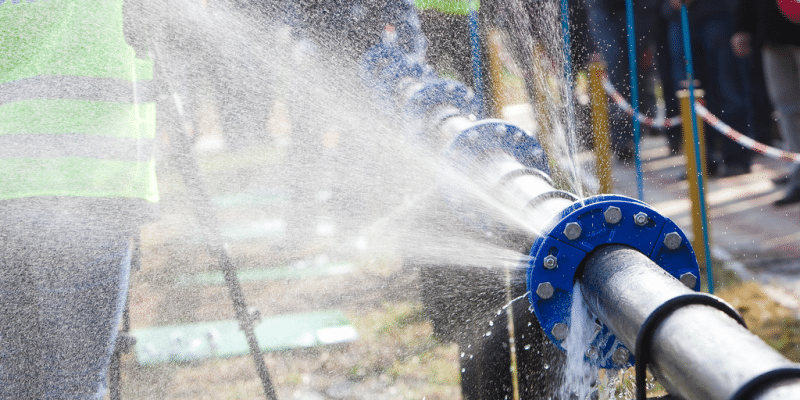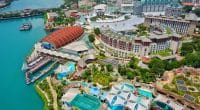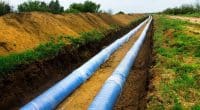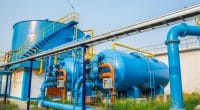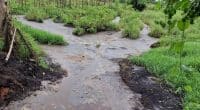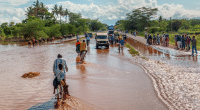A new development in the cross-border drinking water supply project between Ethiopia and neighboring Djibouti. The quantity of drinking water delivered daily to the capital Djibouti will be increased to 100,000 m3 thanks to extension works.
This should come as a relief to the people of the Republic of Djibouti. Very soon, they will no longer receive 20,000 m3 of drinking water a day, but up to 100,000 m3, as recently announced by the Ethiopian Ministry of Water and Energy. This will follow the extension of the cross-border drinking water supply project between the two countries, currently underway. They are being carried out by the Chinese company CGC Overseas Construction Group (CGCOC), which built the cross-border aqueduct commissioned in 2017.
Considered one of the largest in Africa, this aqueduct currently pumps water from 28 deep wells dug in the Kulen region of Ethiopia. The resource is sterilized before being transported to the Djibouti regions of Ali Sabieh, Dikhil and D’Arta, as well as to the capital Djibouti. The total length of the pipeline (including water distribution pipes) is around 374 km.
A resource donated free of charge for 30 years
Since 2017, this resource has been helping to alleviate water stress in a country with a semi-arid climate and a succession of prolonged droughts and very low, irregular rainfall. You’d think Ethiopia would be immune to these phenomena, but that’s not the case. The East African country has the advantage of numerous rivers running through it, as well as significant underground water resources.
The 100,000 m3 of drinking water promised to Djiboutians will be given free of charge for 30 years from 2017, according to the terms of the agreement between the two countries of the East African sub-region, which serves as a model of regional integration.
Read also –
As a reminder, “sufficient water for all” was the main campaign plank of Djibouti President Ismail Omar Guelleh’s re-election campaign in 2016. In the meantime, the water supply project has been upgraded to include pressure pumping, over 200 km of gravity-flow pipeline, remote signal transmission and automatic control.
Inès Magoum

